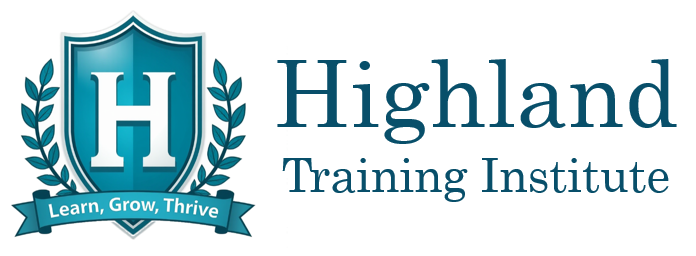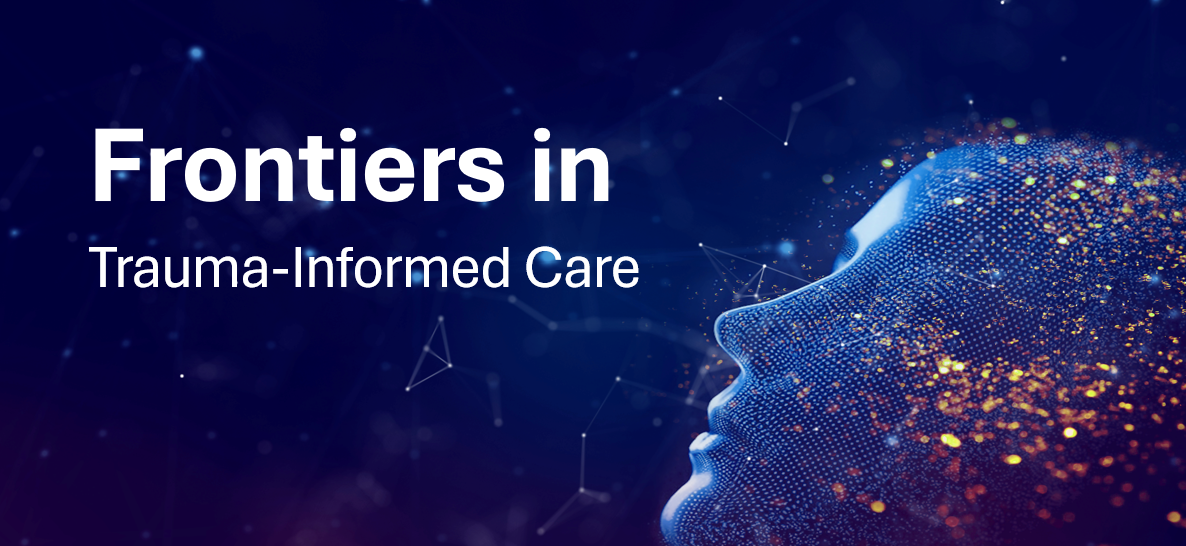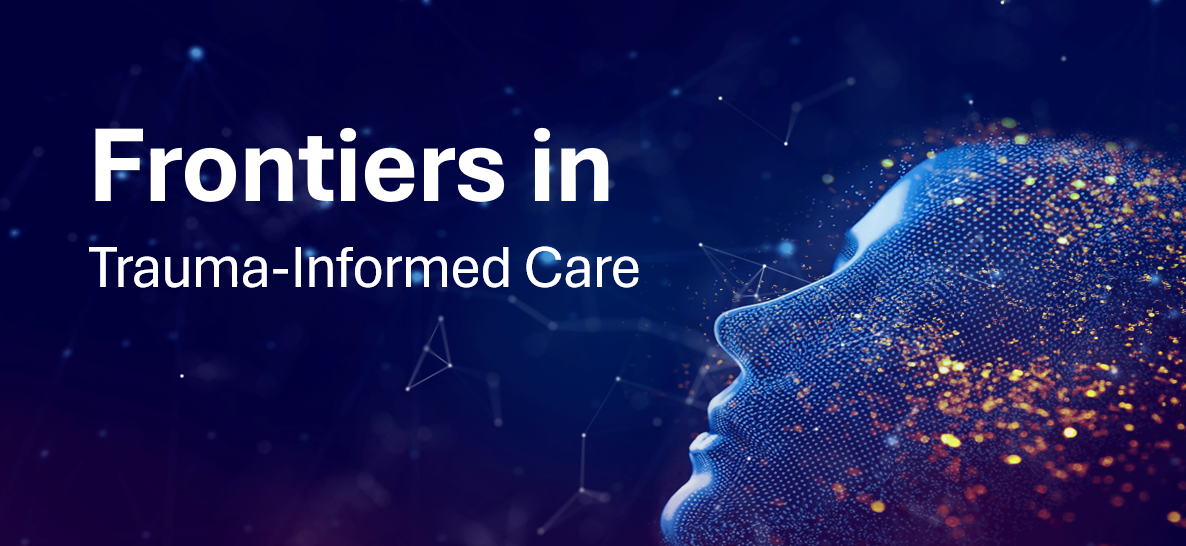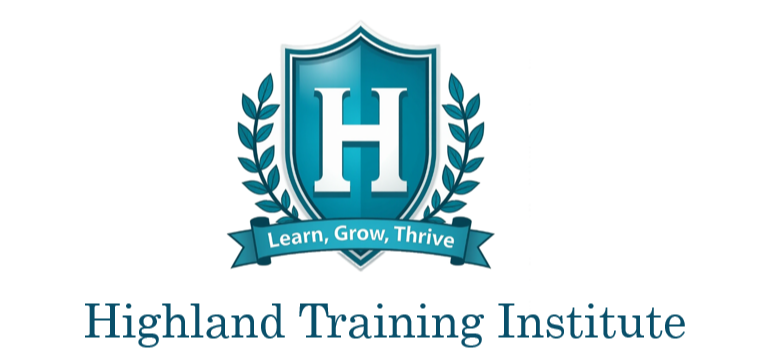
Who is this For?
Mental health professionals, human services workers, clinicians, and those who work in acute care settings.

Time & Access
16 hours | Self-directed | Access is for 1-year | Includes all course updates

Online Q & A
Access to pre-scheduled online Q & A sessions with the presenter

Certificate & CEUs
At the completion of the course, everyone will receive a Certificate of Completion. Contact us about CEU eligibility.
As the science of stress and trauma continues to evolve, understanding its impact on individuals is more crucial than ever. This comprehensive video series allows you to learn at your own pace about core principles and neuroscience behind long-term stress, trauma, and neglect. This training provides the practical skills necessary to shift your approach from "What's wrong with you?" to "What happened to you?" thereby fostering a more compassionate and effective environment for both those you serve and yourself.
Integrating trauma-informed care is not just about individual interactions; it's crucial for fostering organizational well-being. By understanding and addressing the impact of trauma within an organization, leaders can create a more supportive, resilient, and productive workplace culture, ultimately benefiting both staff and those they serve. It's a proactive investment in your professional development and the well-being of others.
The 16-hour course is organized as follows:
Advances in Trauma Science
-
Examines how trauma and adversity impact human behavior, development, and well-being, shifting the focus from individual choice to a lack of coping capacity.
-
Explores the neurobiological differences between stressful and traumatic events and uses polyvagal theory to explain how the body's physiological states respond to perceived safety or threat.
-
Details the long-term, brain-based effects of complex trauma, and how it affects emotional regulation, cognitive processing, and relationships with others and one’s body.
Toxic Stress Science and Treatment
-
Reviews the latest research on the effects of long-term (toxic stress) on the body, which includes diabetes, high blood pressure, digestive issues, accelerated aging and cancer, and depression.
-
Presents numerous evidenced-informed practices that can reduce the effects of stress, inflammation in the body, and depression, which include supplementation, exercise, new sleep science, and the power of social connection.
-
Details the power of finding purpose in one's life and career, and the power of ritual, play, and new ways of viewing self-care in the context of your healers.
Also included in this series
-
A step-by-step overview of a easy to use, trauma-informed crisis response protocol that can be adopted in multiple service and education settings.
-
Instruction on how to use a variety of body and energy-based stabilization skills can be used as part of crisis response, self-regulation, clinical work, and resilience/skill building for others!
-
Recommendations for implementing trauma-informed practices that promote safety, healing, and recovery in your organization!



